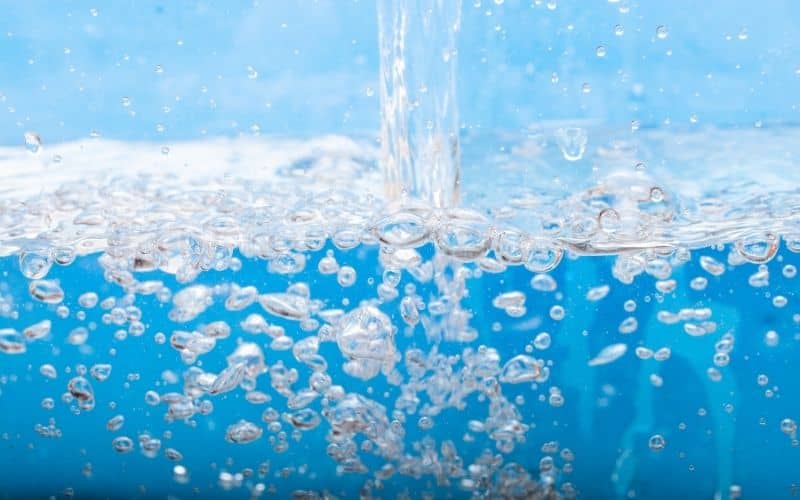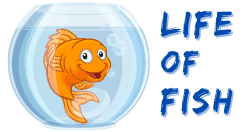Unlike humans, fish have different requirements for water. Is Purified Water Good for Fish? You may guess that purified water is safe for fish, but most of the time, it is not. Purified water undergoes different filtering systems to remove chemicals such as Chlorine and chloramine, pesticides, metals like lead and copper, bacteria, fungi, and algae.
Although fish may have an advantage over chemical-free water, they may suffer without good bacteria, minerals, and nutrients. However, it depends on the fish, and it’s the ideal environment.

Will Purified water kill my fish?
Chlorine and chloramine, which are usually used to treat water for human consumption, are toxic for fish. Purified water does not contain these chemicals. However, water doesn’t contain minerals and bacteria essential for fish.
Purified water will not kill your fish if you add remineralizes or salt mix accordingly. If fish’s health condition is excellent, it will survive on purified water even without remineralizes. If fish is not healthy enough, it may not survive without good bacteria and minerals.
Read more How Long Does Water Take to Dechlorinate ?
What is purified water, and how is it produced?
Purified water can be tap water or any water which are purified by different processes. One technology is the Reverse Osmosis system which filters water through a super-fine filter called a membrane.
This system removes 90-99% of contaminants from water, including essential minerals and elements. Another one is Deionization which is a unit that filters water with a chemical resin.
It can remove both minerals and artificial chemicals such as pesticides from water. However, it cannot remove bacteria or sediments from water which can be a plus-point for fish. Sand filtration is the most common system of getting purified water. It uses sand to filter water and filters only solid particles of water like algae and organic material.
You can not remove chemicals with sand filters, so; sand water filtered purified water is not healthy for fish. If you use a de-chlorinator with sand filters, you will use that water for your fish tank. However, only reverse osmosis water and Deionized water are considered as purified water in common.
Advantages of Purified Water for Fish
Unlike humans who filter water before absorbing it into the bloodstream, most fish absorb water through their Grills; hence, water goes directly into fish’s bloodstream.
Thus, fish absorb toxic chemicals like Chlorine and Chloramine directly through the water that can kill the fish. The tap water alone without filtering is not a good source for fish. Purified water has no chemicals, so fish can live on purified water just fine with some help.
Disadvantages of Purified Water for Fish
Though purified water makes the right choice for fish as it has no chemicals, it also has no minerals and bacteria essential for fish’s healthy living. The pH level of purified water is seven which may not be suitable for some fishes. Some tropical freshwater fishes like betas, goldfish, and catfish need lower PH environments while others need high pH environments.
So, you need to check pH levels of your fish before using purified water. You must add remineralizes or salt mix to balance ph levels.
Read more Is Well Water Safe For Fish? Make It Safe Easy Way
Summary
Reverse Osmosis water and Deionized water are great for fish if you add remineralizes to the water. However, these purifying systems require initial setup and maintenance, which can be costly.
While most fish go fine with tap water, some may require purified water to live on. Eliminating bacteria is a significant disadvantage of purified water as most fish depend on Bacteria. Again, it depends on your fish’s health condition. The best solution is to test with small quantities of purified water and the water they live in and increase purified water while removing water in the fish tank over time.
If your tank’s fish go fine with the procedure, you are free to use only purified water on the next refilling.
Purified or not, when fishes live in water, many chemicals and organisms like algae, ammonia and phosphate thrive in water over time. Although small quantities of these particles are OK with Fish, they can be toxic for them for the time being. That’s why you need to have filters in your fish tank.
